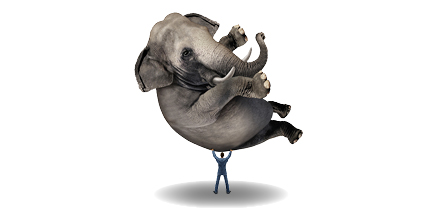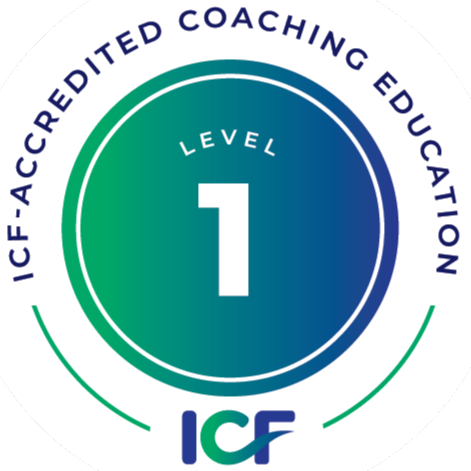
By: Dr. Patrick Williams, EdD, MCC
“Many high performers would rather do the wrong things well than do the right thing poorly.”
~ Thomas J. DeLong and Sara DeLong, “The Paradox of Excellence,” Harvard Business Review, June 2011
Leaders are high achievers who continually grow as professionals. But in many organizations, there are high achievers who are floundering. They’re smart, ambitious professionals who aren’t as productive or satisfied as they could be. Many ascend to leadership positions and reach a plateau in their professional growth.
I encounter high-achievers frequently in the work I do coaching. It's one of the driving reasons people come in for private coaching.
Throughout their careers, they’ve been told they’re high potentials. They should be flourishing, but what I see is that they often let anxiety about their performance compromise their ability to learn and grow.
They have a big fear of revealing their limitations and this may cause high achievers to undermine their careers and hamper their leadership abilities. Many know they can and should be doing better, but they fail to ask for help, unless it's in private sessions with a coach.
If you’re a high achiever, then you’re used to winning and accustomed to turning out remarkable performance. But what happens when you’re in over your head or on an accelerating treadmill that’s going nowhere fast?
For example, when challenged by new technologies or strategic game changes, you’re probably unwilling to admit it and often refuse to ask others for help.
Paradoxically, the very strengths that led you to the fast track can steer you toward poor performance.
There was a recent article on this in Harvard Business Review. High performers exhibit eight typical behaviors, according to authors Thomas J. and Sara DeLong in “The Paradox of Excellence” (HBR, June 2011):
- Driven to achieve results: Achievers don’t let anything get in the way of goal completion. But they can become so caught up in tasks that colleagues get pushed aside. Transparency or helping others feels like a waste of valuable time.
- Doers: Because nobody can do it as well or as quickly as they can, they drift into poor delegation or micromanagement.
- Highly motivated: Achievers take their work seriously, but they fail to see the difference between the urgent and the merely important—a potential path to burnout.
- Addicted to positive feedback: Achievers care how others perceive them and their work, but they tend to ignore positive feedback and obsess over criticism.
- Competitive: Achievers go overboard in their competitive drive; they obsessively compare themselves to others. This leads to a chronic sense of insufficiency, false calibrations and career missteps.
- Passionate about work: Achievers feed on the highs of successful work but are subject to crippling lows. They tend to devote more attention to what’s lacking (the negative), rather than what’s right (the positive).
- Safe risk takers: Because they are so passionate about success, they shy away from risk and the unknown. They won’t stray far from their comfort zone.
- Guilt-ridden: No matter how much they accomplish, achievers believe it’s never enough. They want more. When they do complete a milestone, they don't take the time to savor the moment. They expect to be successful, so they deny themselves the chance to fully appreciate the joy of achievement.
What do you think about these traps? Recognize yourself in any of them? I'd love to hear your comments.
 Dr. Patrick Williams is the Founder and Director of Training of The Institute for Life Coach Training and brings with him a wide variety of training in psychology and professional experiences, as well as training as a Coach. His personal approach is eclectic, drawn from his graduate education, life experiences and other professional training.
Dr. Patrick Williams is the Founder and Director of Training of The Institute for Life Coach Training and brings with him a wide variety of training in psychology and professional experiences, as well as training as a Coach. His personal approach is eclectic, drawn from his graduate education, life experiences and other professional training.




